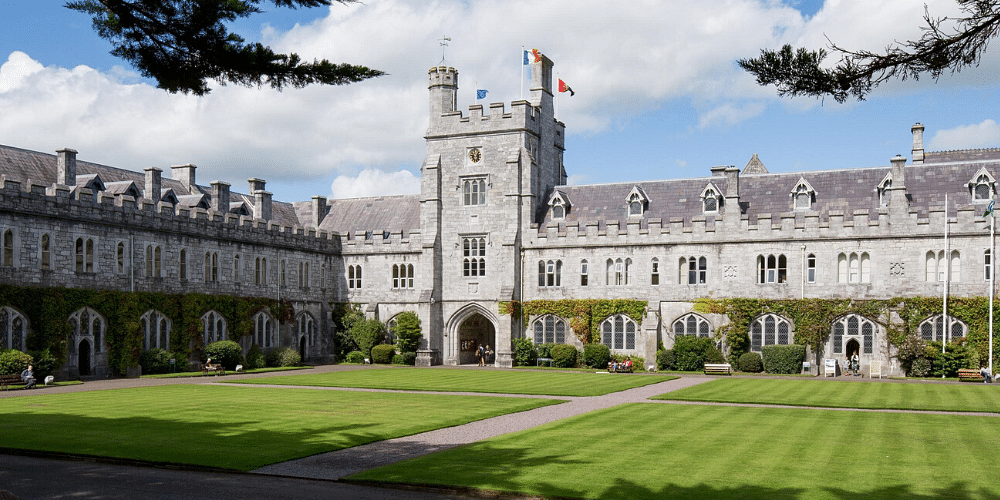MA The Irish Revolution: 1912-1923 at University College Cork
Cork, Ireland
- Tuition Fee € 16,400
- Country Rank-
- Duration12 Months
- Score IELTS: 6.5 TOEFL: 90
Program Overview
The aim of the course is to introduce students to, familiarise them with, and inculcate an advanced understanding of, the events of, sources for the study of, lines of historiographical enquiry relating to, and social memory and commemoration of, the revolutionary decade in modern Irish history from the start of the crisis over the third home rule bill in 1912 to the conclusion of the Irish civil war in 1923.
Upon completion of the course students should be able to:
-
evaluate the significance of the principal issues and problems of the ‘revolutionary decade’ in modern Irish history, 1912-23
-
summarise the competing interpretations of the significance of the events of the ‘revolutionary decade’
-
compare the relative advantages and disadvantages of public and academic histories of the ‘revolutionary decade’
-
evaluate and incorporate new insights informed by the forefront of the field of learning;
-
judge the value of the source material available for the study of this period
-
assess the contribution of the work of specific historians to our understating of the ‘revolutionary decade’
The first module, Sources and debates in the Irish revolution, will examine contemporary writings, speeches and debates of the revolutionary period, with the attention on such figures as Padraig Pearse, James Connolly, Edward Carson, James Craig, David Lloyd George, Arthur Griffith, Terence MacSwiney, Constance Markiewicz, and many others. Students will also be introduced to the source material available for the study of the period, in both manuscript and on-line form, such as government archives, newspapers, IRA pension applications, Bureau of Military History testimonies, police records, and the like.The second module, Historiography of the Irish revolution, examines the arguments and interpretation of the events by historians from the 1920s to the present day.
The final module, Public history, Commemoration, and the Irish Revolution, focuses on the role of ‘public history’, that is, the use of the events of this ‘revolutionary decade’ by politicians and other groups and individuals to promote contemporary agendas.
The research module gives candidates the opportunity to explore in depth the subject matter of their proposal.
Cost Of Studying At University College Cork
Interest rates as low as 8.9% *
250K+
Students Assisted
800Cr+
Loan Amount Disbursed
5000+
Loans Sanctioned
